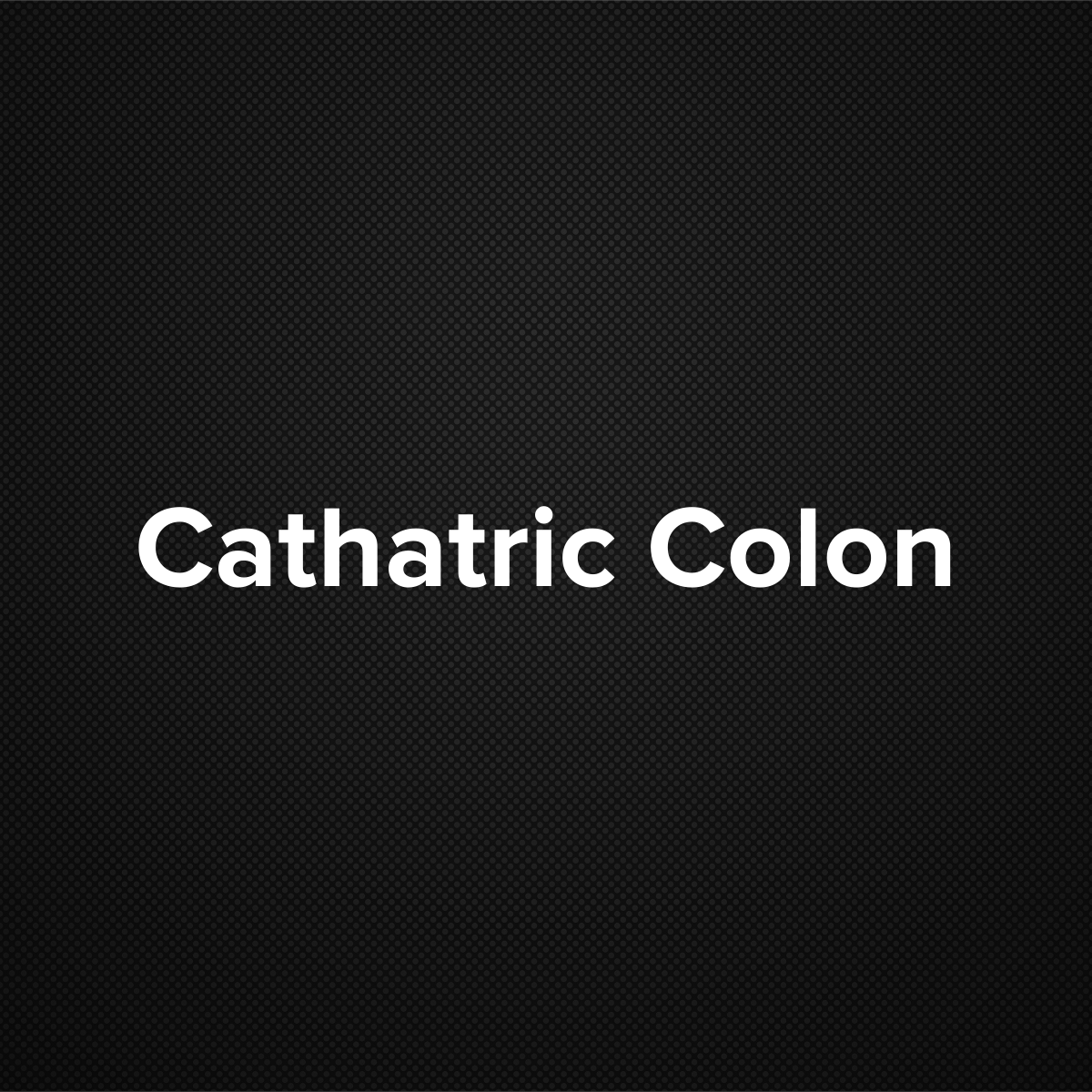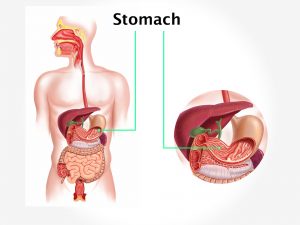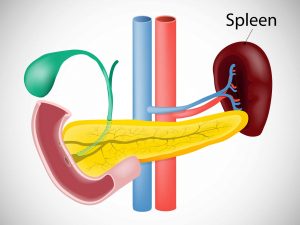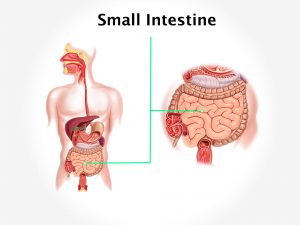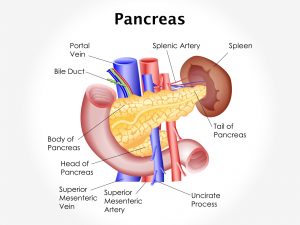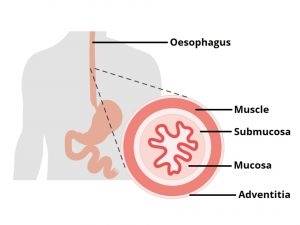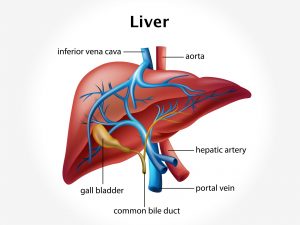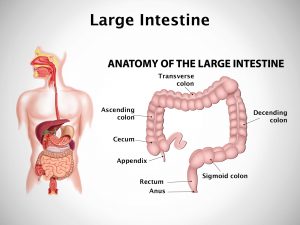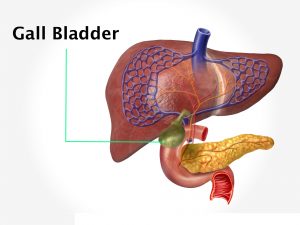Causes and risk factors
Laxatives are substances which are usually prescribed for constipation. They increase the movement of the bowel and help in softening the stools which makes it easy for its passage. However, excess use of this laxative can result in increased motility of the bowel along with damage to the nerves. Use of laxative for a prolonged period can lead to a variety of serious problems like fluid and electrolyte imbalance, vitamin and mineral deficiencies, osteomalacia along with protein losing gatroenteropathy.
Clinical presentation:
Symptoms of cathartic colon often mimics inflammatory bowel diseases. The patient complains of a feeling of fullness along with pain in the abdomen. Formation of flatus can give rise to a bloated feeling in the abdomen. Along with this, altered bowel movements are a prominent feature seen. There is a sense of incomplete evacuation of bladder as a result of the patient having to pass stools frequently.
Investigations:
Diagnosis is confirmed on the basis of the symptoms narrated by the patient. An abdominal examination is carried out. People suffering from cathartic colon often have a history of usage of laxatives. X-ray of abdomen is often diagnostic. If required, the consultant can advise certain other investigations too.
Treatment:
Stoppage of laxatives is the first line of treatment. Medications for symptomatic relief can be advised. In most of the cases, the complaints are relieved temporarily as the laxatives are stopped. However, in some cases surgical repair is needed.
Other Modes of treatment:
Certain other modes of treatment can also be helpful in coping up with the symptoms. Taking into consideration the symptoms in a holistic way, homoeopathy can offer a good aid for the relief of the symptoms.
